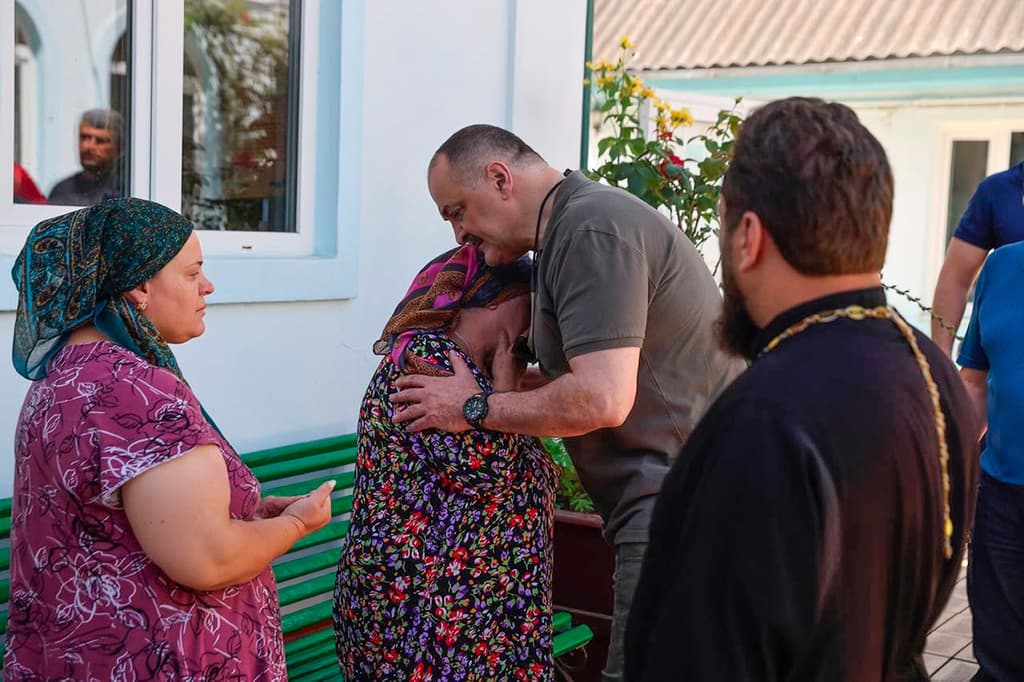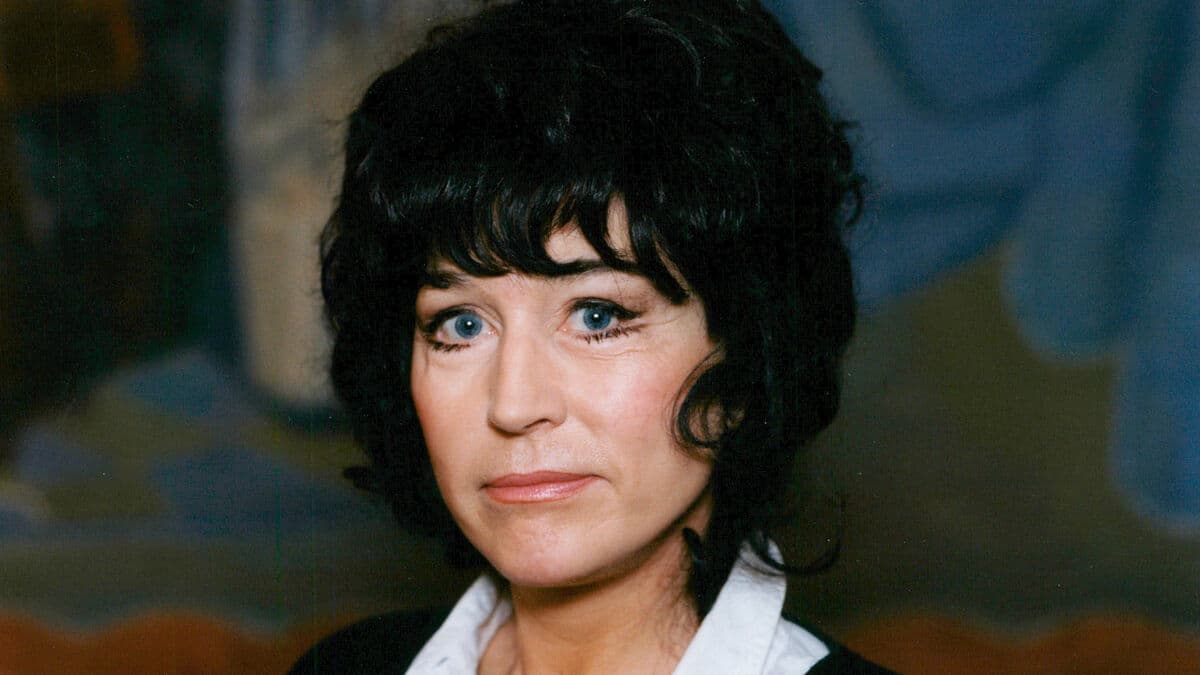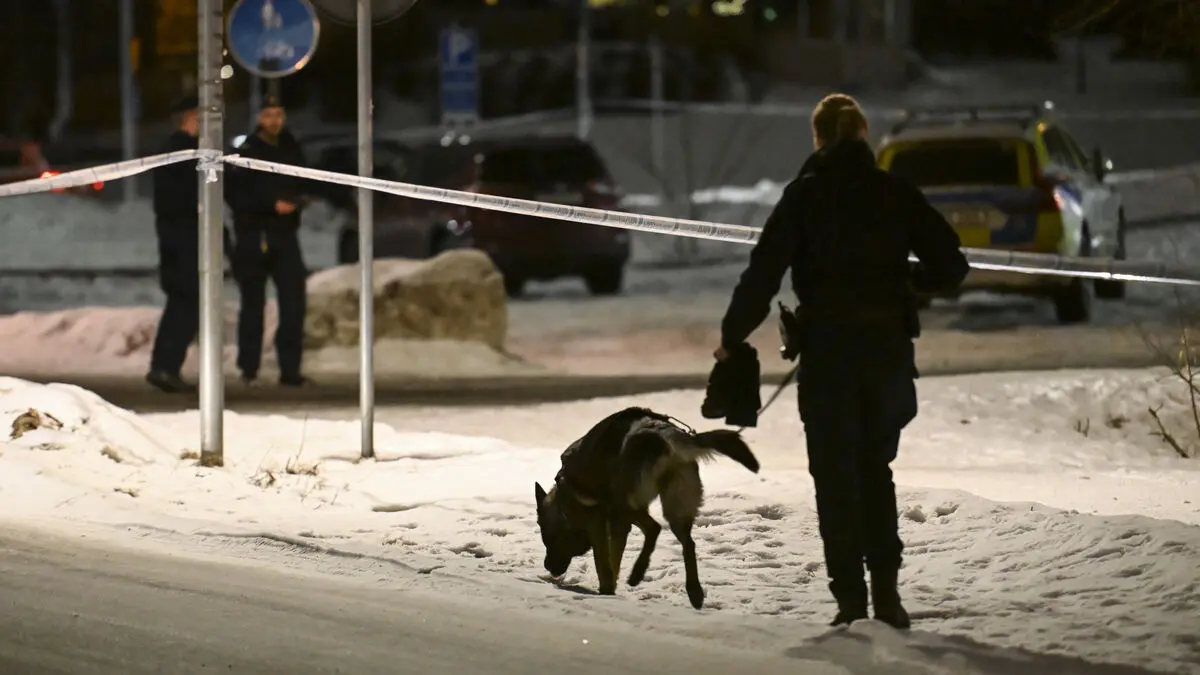A dozen police officers and several civilians – including a priest – were killed in attacks on a synagogue and two churches in Russian Dagestan on Sunday evening.
In total, at least 20 people were killed, according to the troubled republic's health minister.
As a result of the terrorist attack in Makhachkala and Derbent, 46 people were injured, including civilians and police officers, according to Health Minister Tatiana Beljajeva.
Earlier on Monday, the republic's governor, Sergey Melikov, stated on Telegram that more than 15 police officers had been killed in the attacks. Several others are reported to be seriously injured.
According to Melikov, the police officers protected civilians "at the cost of their lives". Among the confirmed civilian fatalities is a 66-year-old Orthodox priest, who was reportedly beheaded by the attackers before they set fire to the church.
Orthodox Holiday
Following the attacks, three days of national mourning have been declared in Dagestan, a poor, predominantly Muslim republic bordering the Caspian Sea. Like its neighbouring republic, Chechnya, Dagestan has long been plagued by unrest.
The attacks in Makhachkala and Derbent occurred almost simultaneously. Among other things, a synagogue belonging to the region's small Jewish minority was set on fire. The attacks took place during the Orthodox Easter, which was celebrated on Sunday.
Russia's anti-terrorism agency has described the events as a terrorist attack and stated that five armed men were "eliminated".
Arrests for Moscow Attack
No one has yet claimed responsibility for the attacks.
Islamist groups in the region have been waging a bloody struggle against the government in Moscow for a long time.
In April, the Russian security service, FSB, announced that four people had been arrested in Dagestan, suspected of involvement in planning the deadly attack on a concert hall in Moscow in March. The terrorist organisation IS took responsibility for the attack, which claimed more than 140 lives.
The Russian republic of Dagestan is located in northern Caucasus, bordering the Caspian Sea, Azerbaijan, and Georgia. The region has approximately three million inhabitants on an area slightly larger than Denmark.
Dagestan is home to over 30 ethnic groups. The largest ethnic groups are Avars, Dargins, Kumyks, and Lezgins. Almost all inhabitants are Sunni Muslims, and only about five per cent are ethnic Russians.
Since separatists in the neighbouring republic of Chechnya were crushed by Russian forces in the early 2000s, the Caucasian uprising has found a new centre in Dagestan, with several loosely connected rebel groups fighting against the Russian government. In 2007, rebels in Dagestan declared an Islamic state, the so-called Caucasus Emirate.
The groups demand independence and Islamist rule in the poor region, which has long been plagued by widespread unemployment, violence, and corruption.






